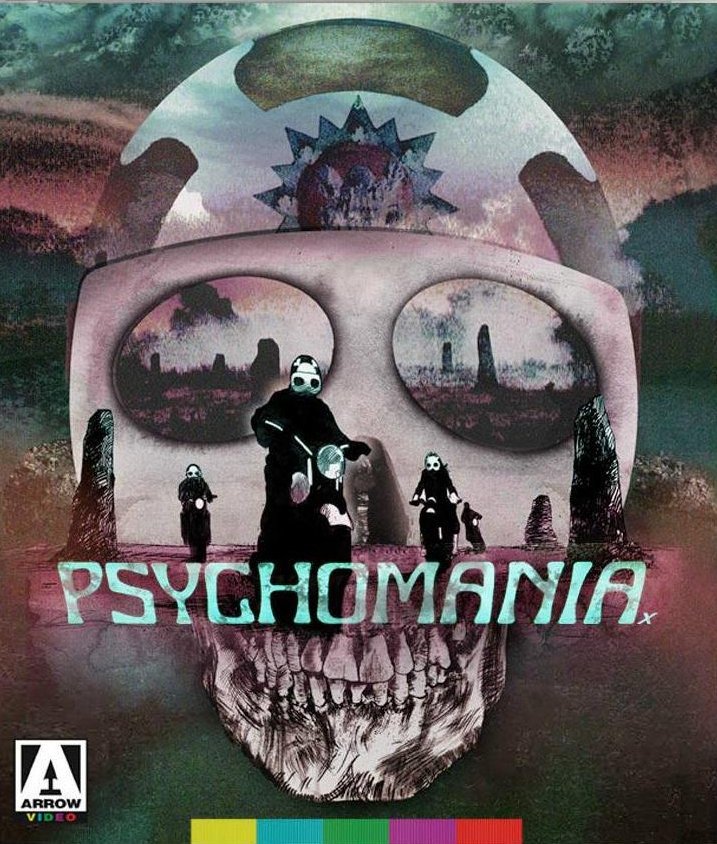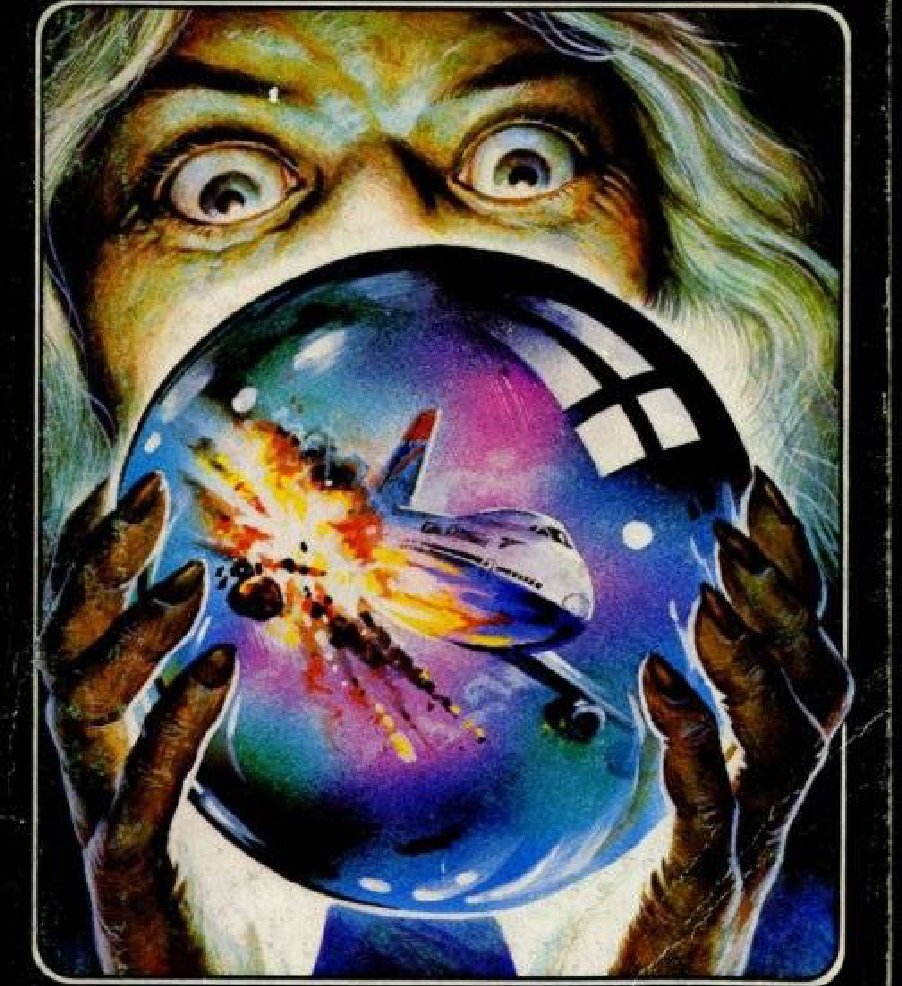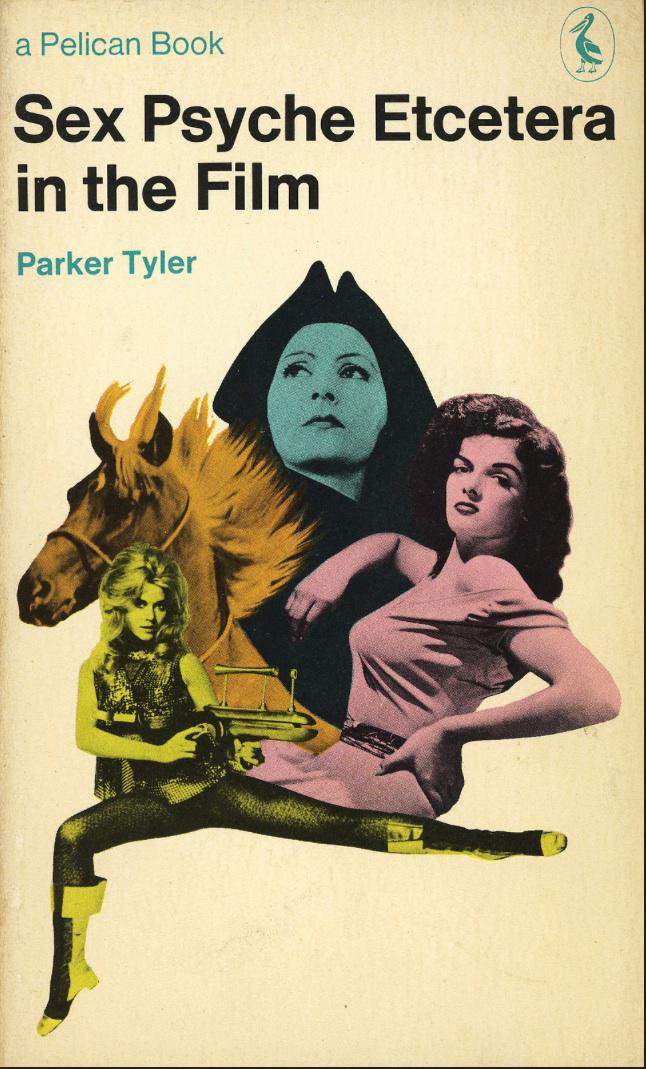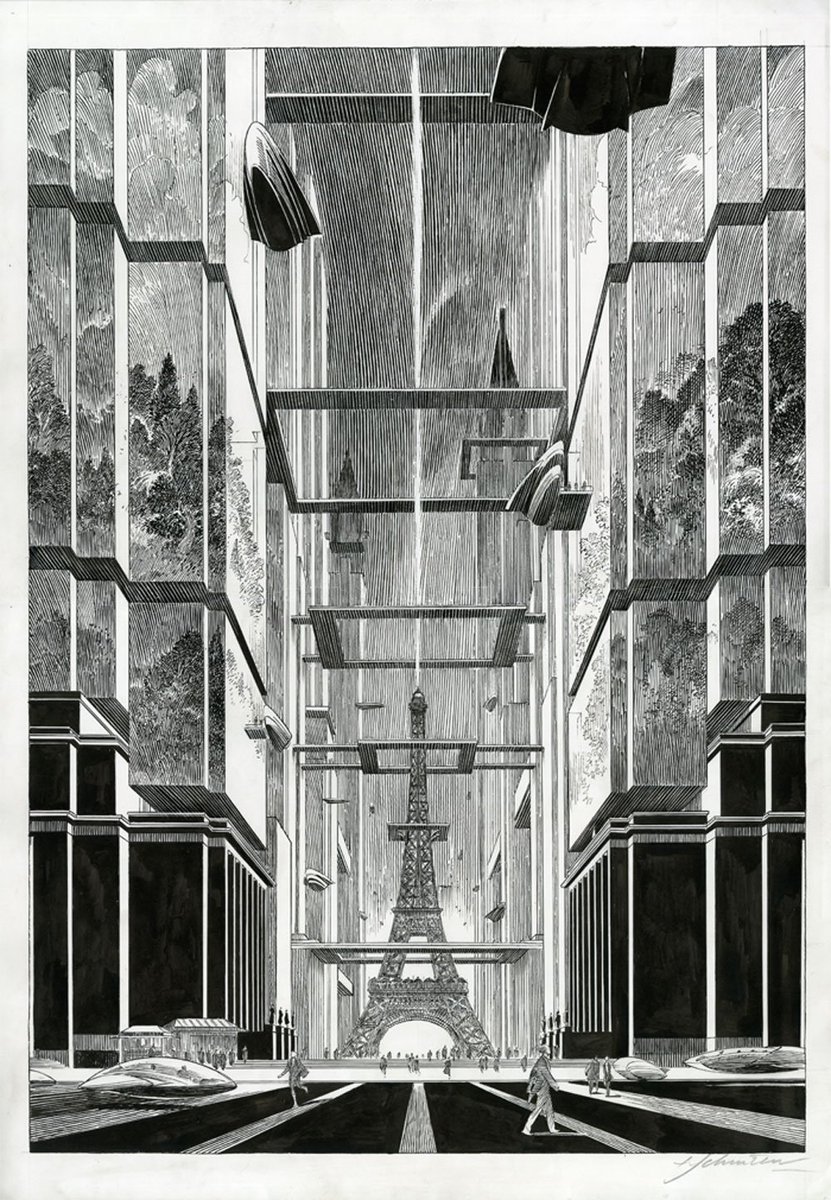Today in pulp I take a look at #robots! What do they do? What do they want? And what do they think of Elon Musk?
Let's see...
Let's see...
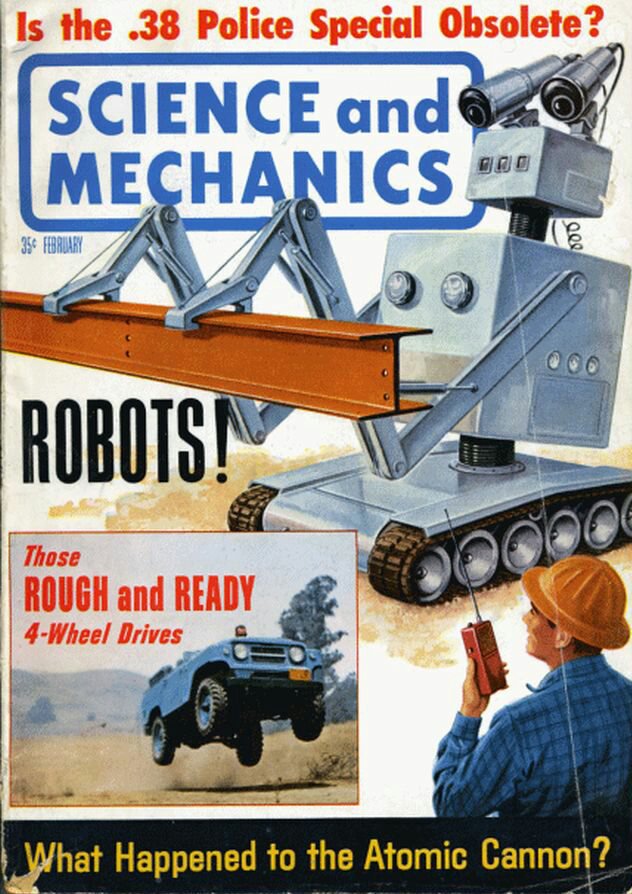
Karel Čapek famously coined the word 'robot' in his 1920 play "R.U.R."
Fun fact: in 1938 R.U.R. became the first TV science fiction programme ever broadcast by the BBC.

Fun fact: in 1938 R.U.R. became the first TV science fiction programme ever broadcast by the BBC.
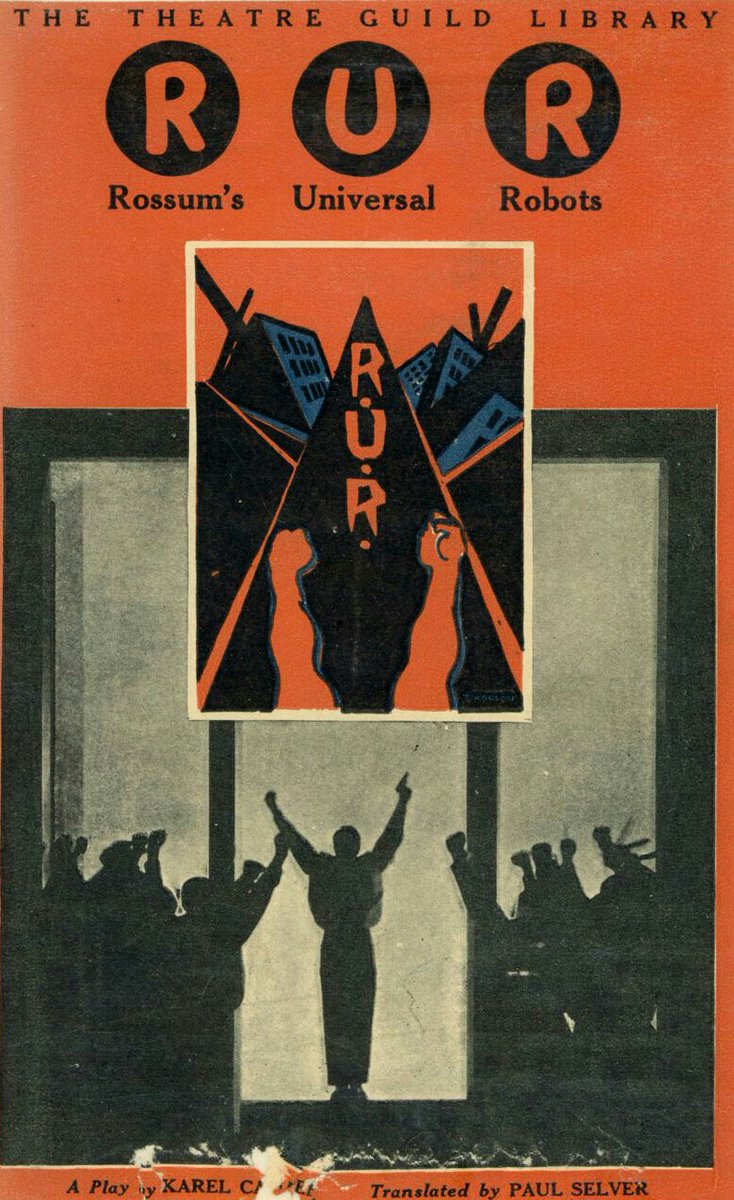
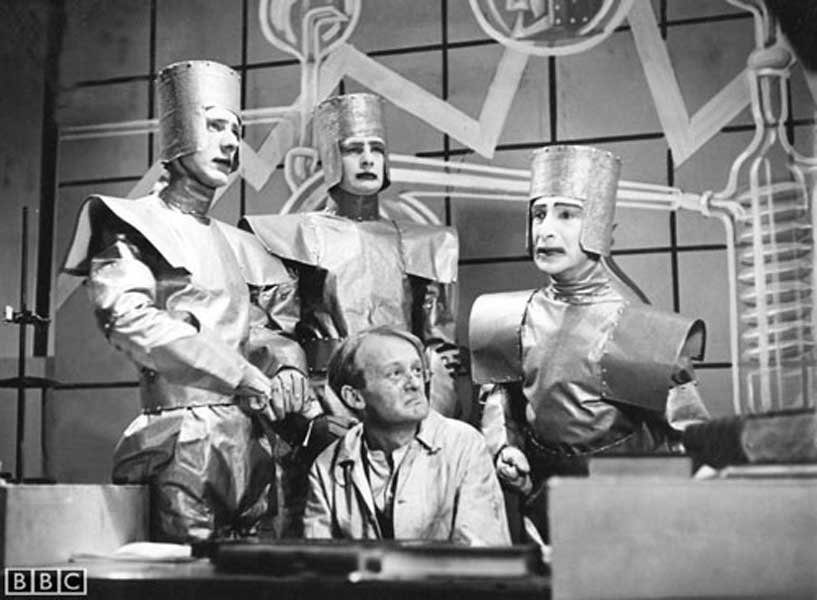
However prototype #robots have been around for decades. Here's one from 1909, although it doesn't work. Or shave. 

The most famous of the early #robots is probably Maria, the robot from Metropolis. Here's a cutaway diagramme of her by Yuji Kaida. 

During the 'radio craze' of the 1920s #robots seemed to be an achievable technology.
Here's Hugo Gernsback's Radio Police Automaton idea from 1924. Not sure about the placement of that tear gas nozzle...
Here's Hugo Gernsback's Radio Police Automaton idea from 1924. Not sure about the placement of that tear gas nozzle...

However by the 1930s #robots were still ornamental gimmicks designed to wow the crowds.
Here's Steel Humanoid by Yasutaro Mitsui (1932) and Electro the smoking robot (1939).

Here's Steel Humanoid by Yasutaro Mitsui (1932) and Electro the smoking robot (1939).


WWII saw new ideas developed about how to make #robots for specific military tasks. Here's a robot television tank concept from April 1945. 

The design of domestic #robots stalled for a long time. Compare the 1964 DC2 robot with the 1984 Atari Androbot: pretty much the same thing. 



By 1984 we had twigged that if we wanted #robots then form should really follow function. "Universal" robots were probably a bad idea... 

Bipedal #robots have always been tricky to make work (Honda's Asimo not withstanding!) The rule of thumb seems to be "4 legs good, 2 legs bad, 6 legs better." 



Will robots pass the Turing Test any time soon? Does it depend on the smartness of the #robot, or the gullibility of the human? So far we have little to worry about... 

However #robots and #AI will eventually take our jobs. Which is fine because we don't really like our jobs. Let the robots moan about unwashed cups left in the office kitchen, I'm having a lie in... 

But evil #robots remain a worry. Whatever the future brings we must be prepared! 

In conclusion, #robots are unlikely to be as exciting as we want them to be. This is a good thing as our imaginations are way too vivid already!
More stories another time...
More stories another time...

• • •
Missing some Tweet in this thread? You can try to
force a refresh


